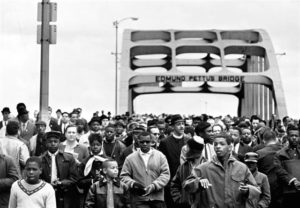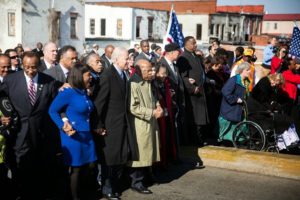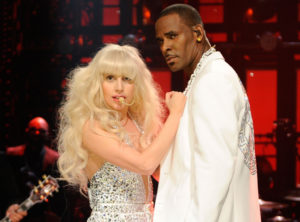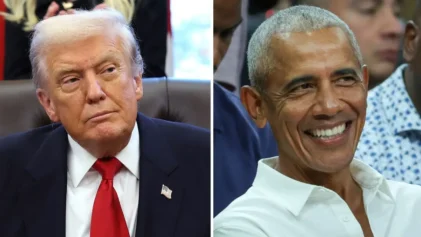
It was nearly 50 years ago that a massive crowd of peaceful protesters were brutally attacked by police officers as they marched in hopes of making a push for voting rights for the Black community.
The celebration of this historic moment is supposed to be a way to not only acknowledge America’s past heroes of the Civil Rights Movement but also draw attention to the push for civil rights that continues even today. Unfortunately, the intended purpose of the celebration is on track to be overshadowed by hypocritical photo ops for presidential hopefuls and a bizarre lineup of performers that fails to speak to the historic celebration’s purpose.
Politicians from both sides of the political landscape will come together on Sunday to commemorate America’s past, despite their own failure to protect the very laws they are marching to celebrate.
President Barack Obama and former president George W. Bush are both expected to be in attendance along with Republican Senators Tim Scott, Jeff Sessions and Rob Portman.

Vice President Joe Biden marches across the Edmund Pettus Bridge with Congresswoman Terri Sewell and Congressman John Lewis, during the 48th annual Bridge Crossing Ceremony in Selma, Alabama on March 3, 2014. (Official White House Photo by David Lienemann)
The celebration has garnered an unusual amount of attention and support this year thanks to Ava DuVernay’s Oscar-nominated film about the iconic moment in the Civil Rights Movement, but more support doesn’t always equal more progress.
The very laws that are bringing these political leaders together have been in jeopardy ever since the Supreme Court struck down a major tenet of the Voting Rights Act back in 2013.
The decision declared the current formula for determining when certain parts of the country need to seek federal approval to change voting procedures was outdated and Congress has yet to replace the so-called outdated formula with a new one.
This has allowed for many southern states to change their voting procedures without seeking federal approval, or preclearance, and start chipping away at the already waning power of the Black vote.
States like North Carolina have expanded voter ID laws in a way that has left many would-be Black voters unable to have a voice in important elections.
Other states followed North Carolina’s lead by passing legislation that expanded voter-ID laws, slashed early voting and reduced the Black community’s access to the ballot box overall.
As the nation’s leaders prepare to celebrate 50 years passing since Black people’s voting rights were guaranteed and protected, it’s hard to ignore the fact that many of the politicians that shall march across the Ku Klux Klan-commemorating bridge have contributed to the disenfranchisement of Black voters.
“We’re moving backwards in an area where we should be making voting easier rather than harder,” said Representative John Conyers to The Atlantic. “We’re going in the wrong direction.”
While many in the Black community are hopeful that the president will use his platform at the march to make a serious push for protecting voting rights, it seems the overwhelming number of politicians that will be present will be much more interested in creating the appearance of supporting equality and the right to vote rather than actually taking action.
As the celebration is already at risk of being tarnished by politically fueled hypocrisy, the line up of performers scheduled to take the stage after the president’s speech is also concerning.
There are no plans for Common and John Legend to perform their Oscar-winning hit from Selma, “Glory.”
Lyrically conscious hip hop stars like J. Cole and Nas or soulful living legends like Stevie Wonder or Aretha Franklin aren’t expected to take the stage.

While all of the aforementioned artists have songs that could speak to the Black community’s strength during trying times, remind the crowd of the community’s desire for true freedom or simply celebrate a major moment in Black culture, their names are missing from the current list of musical performances.
Instead, Lady Gaga and R. Kelly have become the two latest acts added to the list of expected performers.
They join rapper T.I., Young Breezy, nae nae-creators We Are Toonz, The Voice’s Toia Jones and Bigg Robb, who are also scheduled to perform.
The classic doo-wop, gospel and soul group from Chicago, The Impressions, are also expected to take the stage along with powerhouse gospel singer Ruben Studdard and award-winning U2 vocalist Bono.


